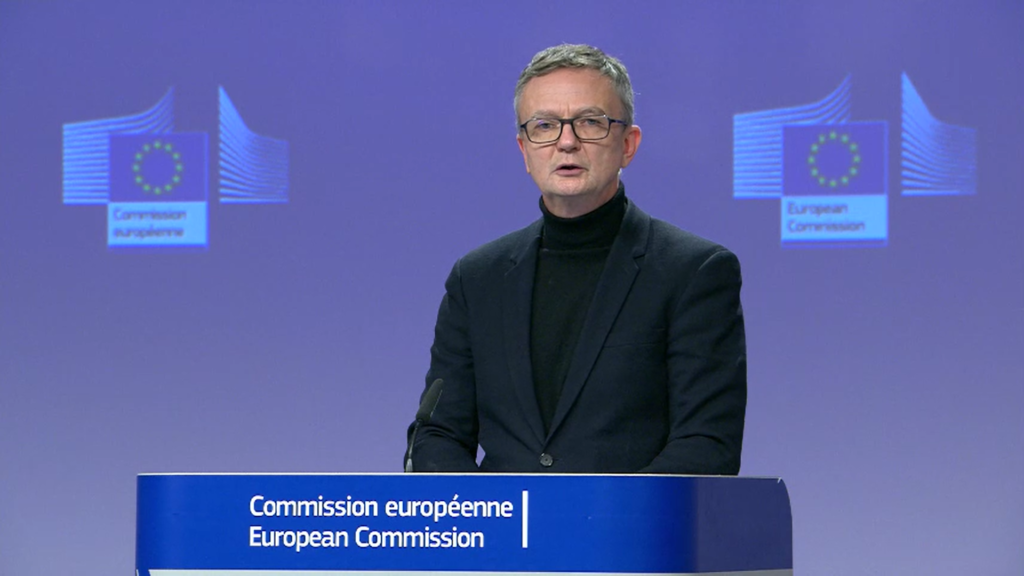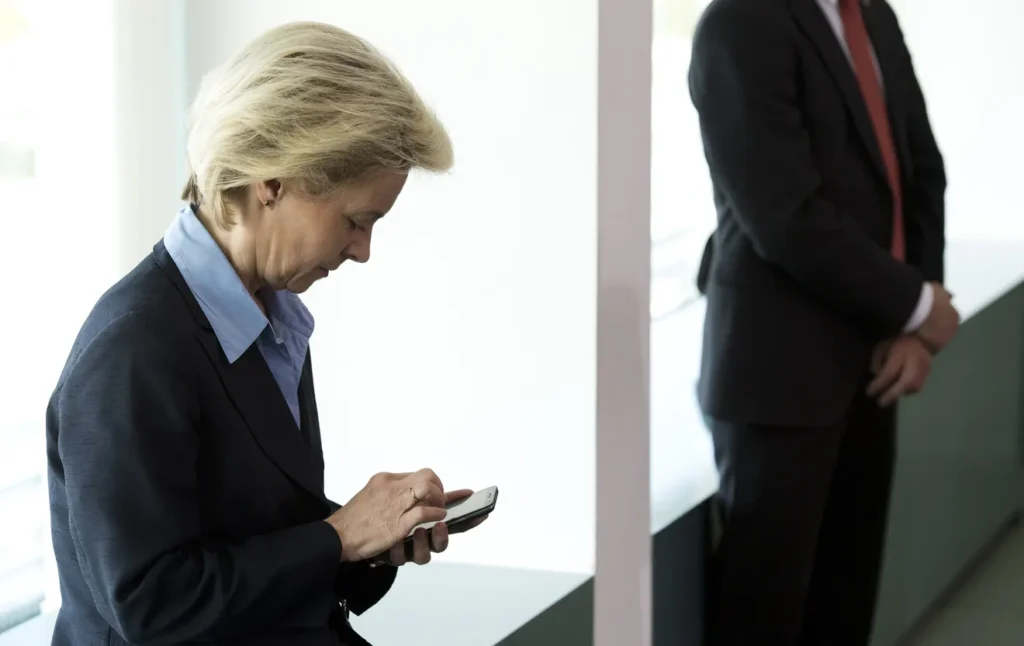European Commission says it will study the decision and respond within the deadline set by the European Ombudsman.

On Friday 28 January, the European Ombudsman issued her findings in an access to documents complaint case. The complainant, Austrian journalist Alexander Fanta, had been refused access to text messages exchanged between Commission President Von der Leyen and Pfizer CEO Bourla when he applied for these to the Commission under Regulation 1049/2001. About half a year after bringing a complaint, the European Ombudsman now found that the way in which this decision was reached constituted maladministration and contradicted Regulation 1049/2001.
Although the European Ombudsman’s recommendations are not binding, her findings were widely picked up by the European media, as well as by experts, journalists, and activists. The European Commission in turn refrained from offering comment, saying it would study the decision and respond to it within the set deadline of 26 April.
European Ombudsman finds maladministration and calls for a revised access decision
The European Ombudsman in her decision found that the Commission’s engagement with Fanta’s request for said text messages constituted maladministration. During her investigation of the case, she found that the Commission structurally excludes text messages from its internal document registry on the argument that, based on internal guidelines, a decisive criterion for what requires to be archived is that the information to be stored should not be short-lived. In the Commission’s opinion:
…[a] text message or another type of instant messaging is by its nature a short-lived document…
The problem in this case however was that the Commission availed itself of the duty to search for relevant documents under Regulation 1049/2001 merely by searching the registers. The Ombudsman criticised this procedure for falling short on the institution’s obligations under the access regulation, which does not exclude text messages and which does not require that disclosable documents can only be drawn from an internal register.
Registering a document is a consequence of the existence of a document and not a pre-requisite for its existence.
[…]
Whether the text messages were part of a formal procedure or whether they committed the Commission in any way may have a bearing on whether or not they should have been registered in the Commission’s document management system but has no bearing on whether they fall within the scope of the public access rules.
Consequently, the Ombudsman recommended the Commission to engage in a new and faithful search for relevant documents corresponding to those requested by Fanta. This means that, in the Ombudsman’s view, the Commission can no longer hide behind the exclusion of Von der Leyen’s text messages on the basis of administrative categorisations. On the other hand, the decision does not guarantee that the Commission, once it has identified relevant text messages, proceeds by applying an exception to disclosure on them.
Public response
The European Ombudsman’s recommendation was met with approval by Alexander Fanta, who vowed to pursue the matter until the publicly relevant information contained in the text messages would become known.
Meanwhile, the decision received notably wide coverage both in European and national media, for the most part approving of the Ombudsman’s findings and critical of the Commission’s handling of the transparency request, in some cases with a remarkably sharp tone.
Politico observed that the case “has highlighted a growing debate over how EU institutions handle officials’ text messages — in particular when the texts include information on key policy decisions”. Dutch blog Brusselse Nieuwe stated, tongue in cheek that “Ursula von der Leyen today received a message that she would probably rather delete from her chat history: […] get ready to unlock that phone”. Meanwhile, the EU Observer opined that the Ombudsman’s recommendation ‘slammed’ the Commission.
Further coverage was provided inter alia in the Finnish, Italian, German, Dutch, Polish, and UK press.
Socialist MEP Kathleen Van Brempt responded by calling the Commission’s behaviour “unacceptable”. Prior to the Ombudsman, Liberal MEP Sophie in ‘t Veld had forcefully criticised the Commission’s response to her questions on the matter.
It is not the first time that Von der Leyen comes under fire for failing to disclosure text messages relevant to her tasks as a government official. During her time as Germany’s defence minister, she became subject of intense parliamentary scrutiny after it emerged that the phones she had used to exchanges messages with private contractors for the ministry had been wiped clean, amid allegations of corruption. Amidst this controversy, she was parachuted into her current role as Commission President and the matter was not pursued further.


